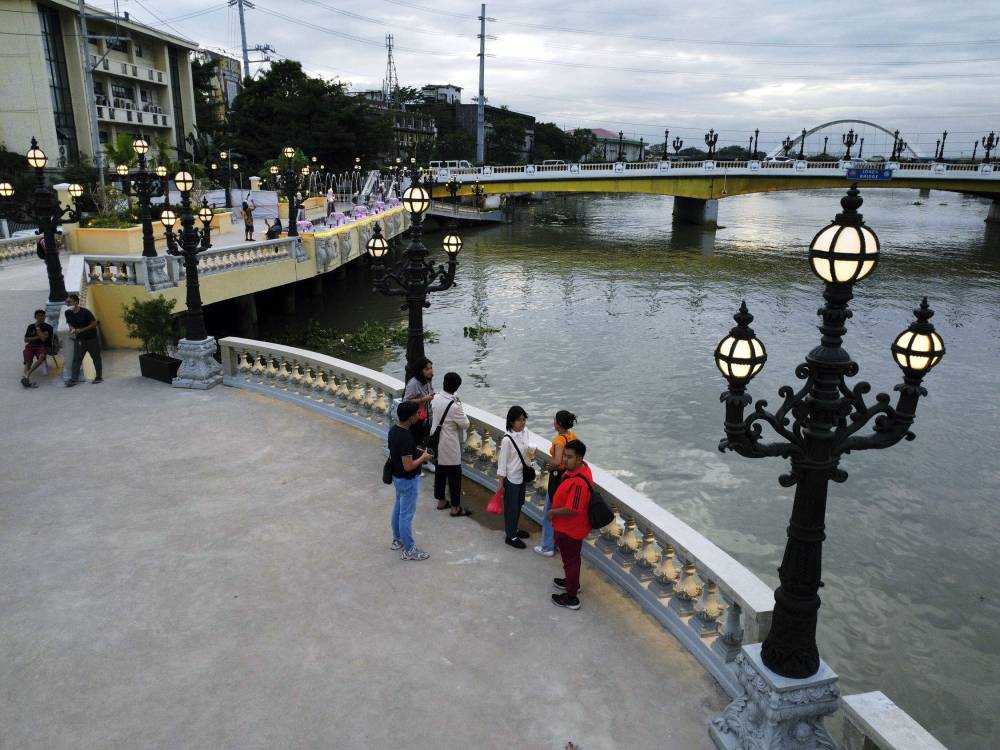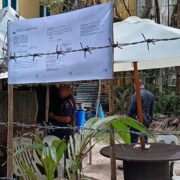Pasig River council to build 8 more esplanades

After launching a riverside showcase last month, the Inter-Agency Council for the Pasig River Urban Development (IAC-PRUD) said on Sunday that it will add eight more esplanades in other parts of the 25-kilometer river.
In a statement on Sunday, Housing Secretary Jose Rizalino Acuzar, who also heads the IAC-PRUD, said that the esplanade behind the Manila Central Post Office that President Marcos and first lady Liza Araneta-Marcos unveiled last month is becoming a popular public space.
“It is more than just a beautification project. We intend to implement functional development along the Pasig River that will promote tourism and transportation connectivity for the benefit of ordinary Filipinos,” Acuzar said.
He said they were planning a major transformation of Pasig River, once a vital lifeline of the Philippine capital, to enhance its aesthetic appeal, and make it a hub of tourism and transportation in the metropolis.
Acuzar said the Department of Human Settlements and Urban Development and the IAC-PRUD launched the Pasig Bigyang Buhay Muli project, which aims to revitalize the river that connects Manila Bay and Laguna de Bay.
The project is focused around nine sections along the river, each with its own design and theme, that will cater to different activities and interests.

Pedestrians and bikers will be able to access the entire stretch of the river through a seamless pathway, while commuters will have the option to switch from road to water transport through bridge walks that will serve as ferry terminals.
Breathe new lifeAside from the Manila Central Post Office esplanade, eight more showcase areas will be built along the riverbanks, offering people a variety of open spaces, parks and recreational facilities to relax and socialize.
Acuzar said the project is expected to be completed in three to five years, with funding from private donors. He added that the project will also help address the traffic congestion and pollution problems in the metropolis, by providing alternative modes of transportation and improving the water quality of the river.
The project is inspired by the successful rehabilitation of other major waterways in the world, such as the Thames River in London, the Chao Phraya in Bangkok, and the Seine River in Paris, which have become iconic landmarks and tourist attractions in their respective cities.
Acuzar said the project aims to restore the Pasig River’s historical and cultural significance, as well as to bring new life and opportunities to the people living and working around it.
“That’s what we want to see around [the] Pasig River. We want not only to bring back its old glory and restore its place in history, but to also breathe new life into it by bringing new and functional development around it,” he said.





















